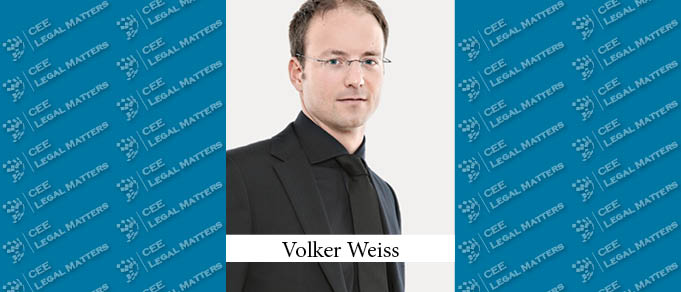On 12 July 2023 the general or ex officio tool of the FSR became applicable. The tool empowers the European Commission (EC) to investigate cases where foreign subsidies are suspected of having a distortive effect on the EU's internal market, even if they do not fall within the scope of the other two FSR tools (M&A tool and public procurement tool). This gives the EC a powerful instrument to tackle market distortions from subsidies granted by third countries.
A powerful catch-all instrument
Unlike the two notification-based tools designed to investigate concentrations and public procurements (see here and here), the general tool allows the EC to investigate all other market situations.
Take, for instance, a business based outside the EU that has operations in the union, e.g. through a subsidiary. The EU subsidiary benefits from state subsidised funding received in the non-EU country where the parent company is located, e.g. in the form of unlimited state guarantees. This allows the EU subsidiary to ramp up a greenfield operation in the EU and drive competitors out of the market that do not benefit from subsidies.
With the tool, the EC is now empowered to investigate if the foreign subsidy gives the EU subsidiary an unfair advantage in the EU market. If the EC finds that it does, it can take actions to level the playing field for other businesses that are not receiving such support.
The ex officio tool is also not subject to any formal thresholds. Thus, the tool also covers so-called "gap" constellations in M&A and public procurement in that it allows the EC to investigate M&A transactions and public procurements that are below the thresholds and, therefore, do not require a notification to the EC. This allows the EC to investigate implemented transactions and awarded contracts in public procurement procedures.
Finally, the tool is not dependent upon notifications. It gives the EC the ability to initiate investigations based on its own volition without relying on formal complaints. While the FSR does not foresee a formal complaint procedure, we expect that complaints from market participants and possibly from EU Member States will play a pivotal role in inciting the EC to act.
For instance, Spain's La Liga, i.e. the country's top professional football league, recently submitted a complaint with the EC against the French football club PSG alleging that the Qatari-backed club received subsidies from the State of Qatar that allowed it to improve its competitive position.
And even before that, the Belgian football club Royal Excelsior Virton of the second Belgian league approached the EC to step in against the "financial doping" enjoyed by its rival, SK Lommel, which it alleges benefits from funds of the Emirate of Abu Dhabi.
As the tool has a retroactive effect, the EC can investigate subsidies granted up to five years before the FSR's entry into force or, in other words, after 12 July 2018.
Redressive measures
The tool grants the EC an impressive toolbox of redressive measures to mitigate the distortion arising from the subsidies. This includes a range of structural or non-structural remedies, such as divesting certain assets, providing access to infrastructure, prohibiting certain market behaviour (e.g. reducing capacity or market presence, including by means of a temporary restriction on commercial activity), ordering the repayment of the subsidies, etc.
Investigative instruments and assistance
The tool adds extensive investigative powers to the EC's arsenal, such as the ability to carry out inspections (theoretically also outside the EU) and request information from the subsidy recipient as well as from other market participants and third countries. The EC may also adopt interim measures when necessary and impose fines or periodic penalty payments when the investigated undertaking does not cooperate as required.
What direction will this go?
The EC has broad discretion in deciding what cases it will pursue under this new tool. At present this is a matter of speculation. The EC has so far asserted that it has not singled out specific industries.
We expect that the EC will employ this tool to target subsidies granted by third countries that are viewed as the EU's strategic competitors (e.g. China). The tool is likely to be used to target subsidised businesses involved in strategic industries. As the understanding of strategic assets around the EU is diverse, it is difficult to identify specific sectors, but we expect that the defence, telecommunications, energy and AI sectors in particular could play prominent roles. Especially in the early days of the FSR application, we anticipate that the EC will focus on the most blatant subsidies in terms of both size and distortive effect. However, the first complaints foreshadow that there may be many other subsidy constellations that the EC will have to deal with.
Conclusion
With the FSR's entry into force and the operationalisation of the ex officio tool, the EC now has the capacity to deal with potentially distortive subsidies in various forms. The EC's power to instigate investigations provides a proactive approach to fighting unfair advantages stemming from foreign subsidies. As there are no thresholds for applying the general tool, the number of businesses that may be affected is vast.
By Volker Weiss, Office Managing Partner, Schoenherr
